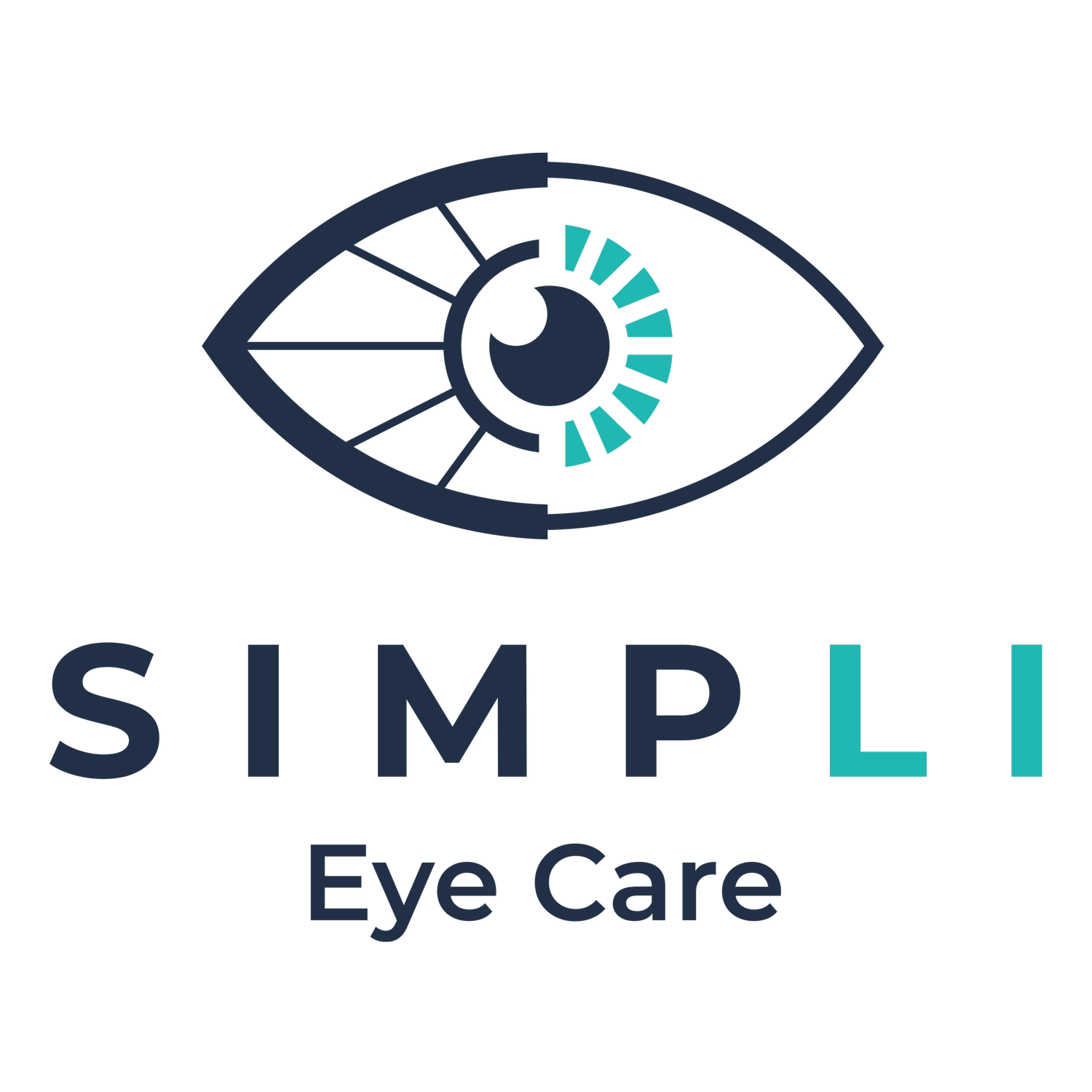The Importance of Early Eye Exams for Children: Nurturing Healthy Vision from the Start
As parents, we always strive to give our children the best start in life. From providing a safe and nurturing environment to ensuring a balanced diet and proper education, we leave no stone unturned. One crucial aspect of a child's development that should never be overlooked is their vision. Early eye exams play a vital role in safeguarding their ocular health, supporting their learning process, and setting the foundation for a lifetime of clear sight. In this blog, we will delve into the reasons why it is essential to bring your children for an eye exam early in life.
Detecting and Correcting Vision Issues
Childhood is a crucial period for vision development, and any undetected vision problems during this time can have a significant impact on their learning and daily life. Regular eye exams can detect common vision issues like nearsightedness, farsightedness, and astigmatism. Identifying these issues early allows for timely intervention and appropriate corrective measures, such as glasses or vision therapy, ensuring that your child's visual needs are met from the start.
Academic Success
Clear vision is a fundamental aspect of academic success. Children with uncorrected vision problems may struggle to read, write, or focus on classroom activities, leading to a decline in academic performance. Early eye exams can help ensure that your child has the visual acuity needed to fully engage in learning, helping them excel in their studies and build confidence in their abilities.
Preventing Amblyopia (Lazy Eye)
Amblyopia, commonly known as lazy eye, is a condition that occurs when one eye develops better visual acuity than the other. If left untreated, it can result in permanent vision impairment. Early eye exams can help detect amblyopia in its early stages when it is more manageable and treatable. With prompt intervention through patching, atropine drops, or vision therapy, the brain can be encouraged to recognize and use the weaker eye, preserving the child's vision for the future.
Monitoring Eye Health
Eye exams are not just about checking vision acuity, they also assess the overall health of your child's eyes. Regular eye exams can help identify eye conditions like strabismus (crossed eyes), cataracts, or refractive errors that may otherwise go unnoticed. Detecting these issues early allows for timely treatment and prevents potential complications that might arise if left untreated.
Promoting Comfort and Confidence
Children may not always be vocal about their vision struggles, especially if they are unaware of what "normal" vision should be like. Routine eye exams help ensure that your child feels comfortable and confident in their visual abilities. Addressing any visual challenges early can prevent discomfort, frustration, or a feeling of being different from their peers.
Early eye exams are an essential investment in your child's well-being and future success. By proactively monitoring and addressing their vision needs, we empower them to navigate the world with clarity, confidence, and curiosity. Regular eye exams play a pivotal role in detecting and treating vision issues early, allowing children to reach their full potential academically, socially, and emotionally. As parents, it is our responsibility to prioritize our children's eye health and give them the gift of clear sight from the very beginning.

